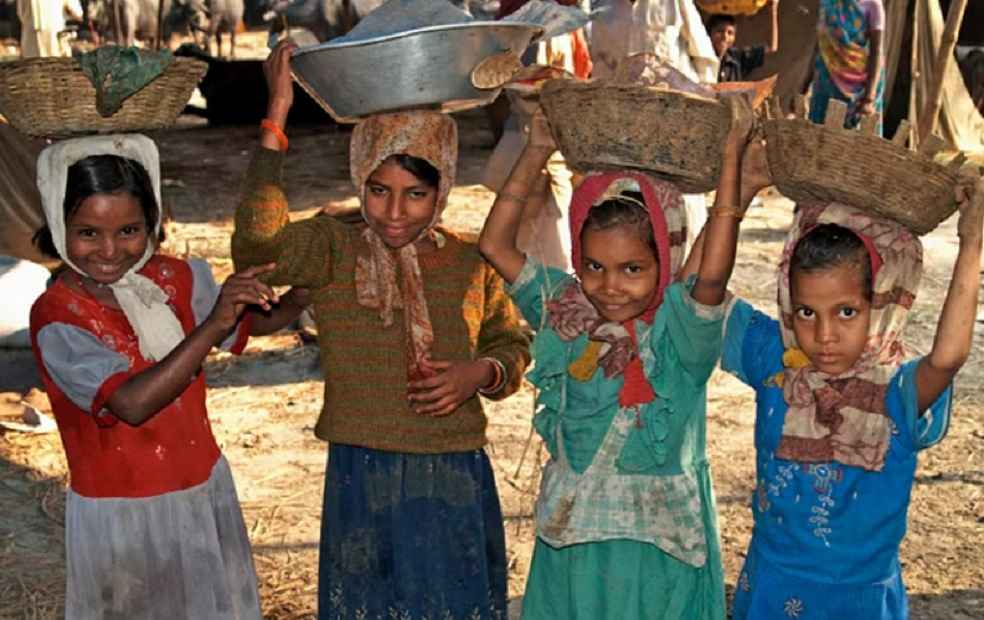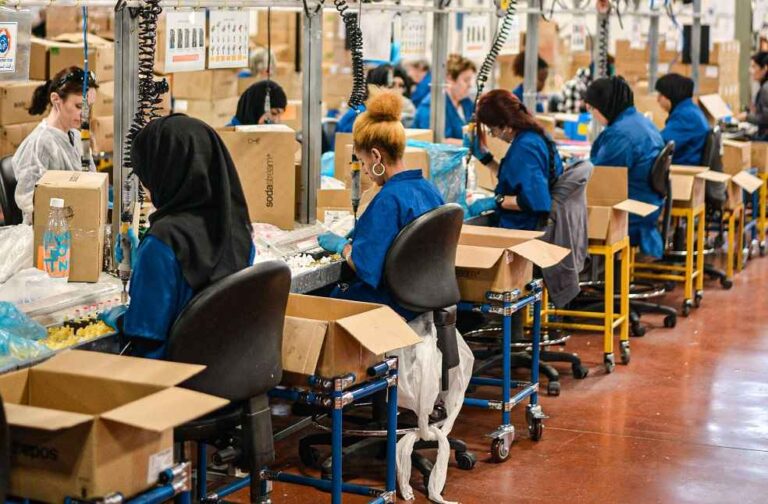A new report by the World Economic Forum (WEF) has highlighted the impact of international trade policies on labor rights. The report, released on April 22, 2023, emphasizes the need for fair and equitable trade practices that prioritize the protection of workers’ rights.
The report raises concerns that some countries may use trade policies to gain a competitive advantage at the expense of workers’ rights. This can lead to the exploitation of vulnerable workers and the use of practices such as forced labor and child labor. The report cites examples such as the use of forced labor in the production of cotton in Uzbekistan and electronics in China. It also highlights the displacement of jobs resulting from the outsourcing of manufacturing jobs to countries with lower labor standards.

To address these issues, the report recommends the adoption of legal frameworks and regulations that prioritize the protection of workers’ rights in international trade. Greater transparency and accountability in global supply chains are also necessary to ensure that workers are not exploited.
The report stresses the need for greater collaboration and coordination between different stakeholders in the global trade system. The report recommends the establishment of platforms for dialogue and cooperation between governments, civil society, and the private sector to ensure that trade policies align with the protection of labor rights.
The report cites data from the International Labour Organization (ILO), which estimates that there are currently 152 million children engaged in child labor globally. The report also notes that more than 21 million people are estimated to be victims of forced labor worldwide.
The report highlights the challenges that lie ahead in ensuring that international trade practices are aligned with the protection of labor rights. However, it offers hope that stakeholders can work together to create a more inclusive and sustainable trade system that benefits everyone.

According to the latest report from the International Labour Organization (ILO), the following are the major countries with the highest number of children engaged in child labor
1) India : 10.1 million
2) Pakistan : 3.7 million
3) China : 2.9 million
4) Bangladesh : 1.2 million
5) Nigeria : 1.1 million
6) Indonesia : 1 million
7) Ethiopia : 794,000
8) Philippines : 702,000
9) Egypt : 609,000
10) Brazil : 526,000



